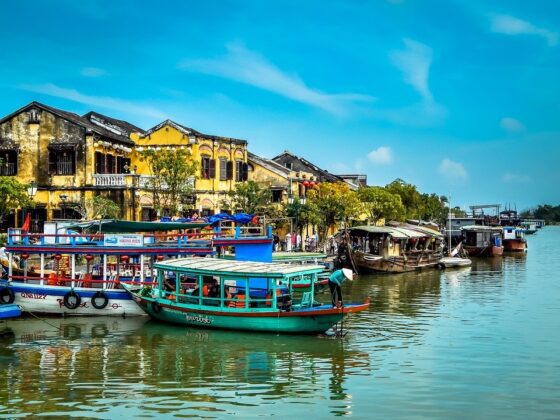Table of Contents Show
✍️ AI is summarizing:
Traveling to Vietnam can be an unforgettable experience, filled with breathtaking landscapes, rich history, and vibrant culture. However, like any popular tourist destination, Vietnam travel scams are something every visitor should be aware of. Whether you’re exploring the bustling streets of Hanoi, cruising in Ha Long Bay, or relaxing in the countryside, knowing about these scams can help you avoid unnecessary stress and financial loss.
Here’s a rundown of 15 common Vietnam travel scams that you should watch out for, along with practical tips on how to stay safe.
Related post:
- Cycling in Southern Vietnam: Discover the Best Routes and Hidden Gems
- Bikepacking Vietnam: The Ultimate Guide for Adventurous Cyclists
- Best Vegan Dishes in Vietnam: Must-Try Plant-Based Vietnamese Cuisine
Vietnam travel scams: Beware of taxi overcharges
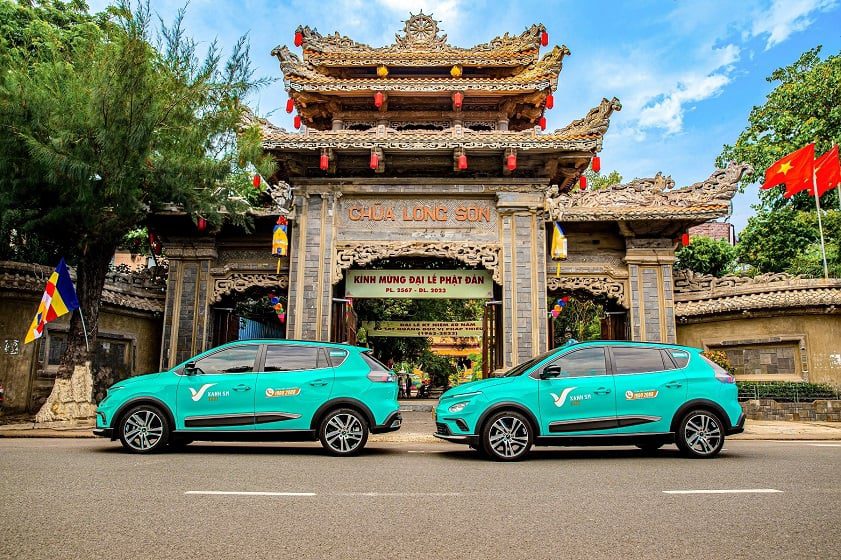
One of the most frequent Vietnam travel scams involves taxis overcharging tourists. Some drivers claim their meter is broken or rig the meter to run faster. To avoid falling for this scam, always use reputable taxi companies like Mai Linh or Vinasun. Better yet, opt for ride-hailing apps like Grab, where pricing is transparent.
The fake “closed” accommodation trick
Sometimes, taxi drivers will insist that your hotel is closed or overbooked, steering you to an alternative accommodation that may not be legitimate. Always insist on being taken to your booked location and trust your reservation.
Motorbike rental scams and how to avoid them
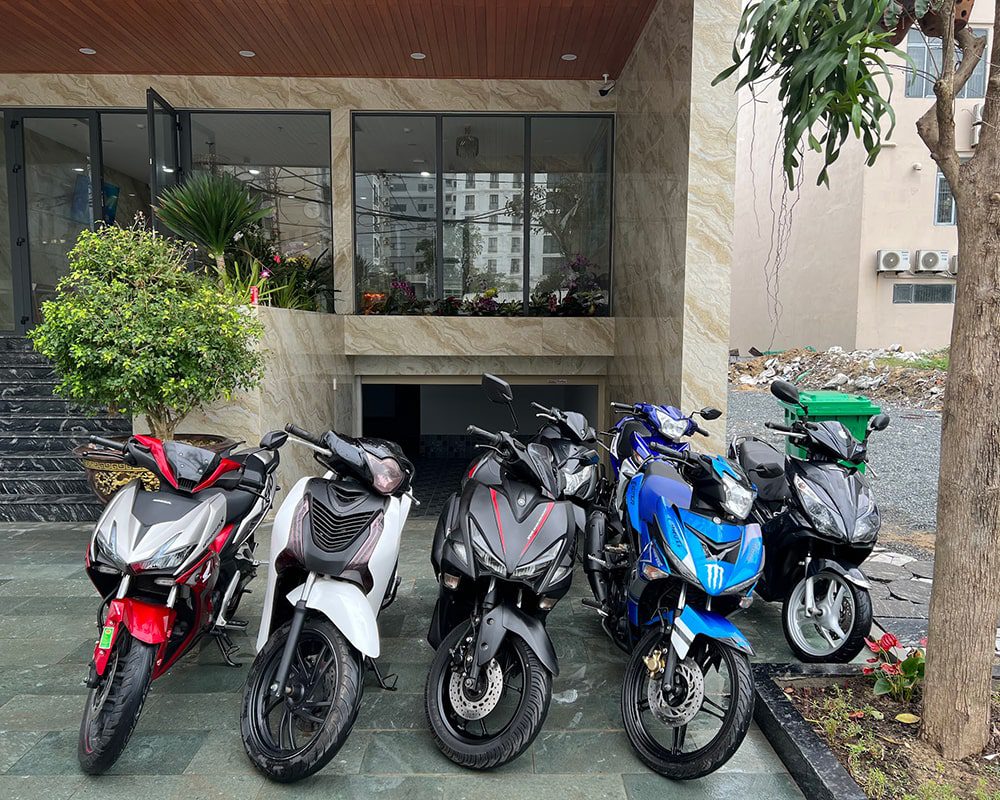
If you rent a motorbike, some rental shops may claim damage to the bike that was pre-existing or try to charge you for repairs. Always take photos before renting and document any existing scratches or dents.
Spotting fake tour operators
Scammers often pose as tour operators, offering cheap but fake tours to unsuspecting travelers. This is one of the most common Vietnam travel scams, and the best way to avoid it is by booking through trusted agencies such as Sinh Café or Buffalo Tours.
Vietnam travel scams: Free items that come with hidden costs
Beware of individuals who offer you free bracelets or other items. Once you accept, they will demand payment. Politely refuse any unsolicited gifts and walk away.
Overpriced street food and tourist traps
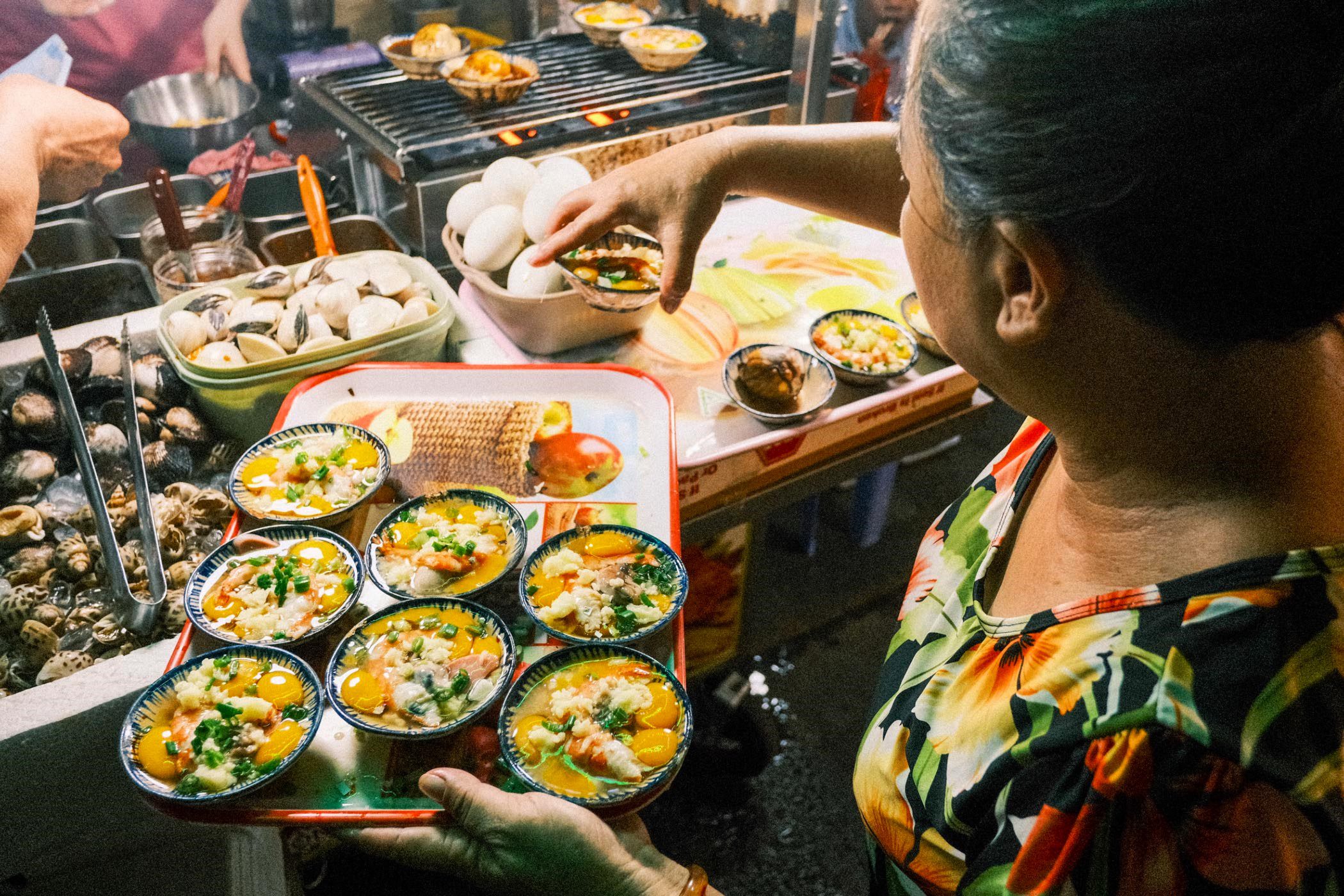
While street food is a must-try, some vendors might charge tourists significantly more than locals. Always check prices beforehand or ask locals for recommendations to ensure you’re not overpaying.
Vietnam travel scams: Buying fake goods disguised as authentic
Vendors may sell “genuine” goods, especially merchandise, watches, and sunglasses at a fraction of the price. If it seems too good to be true, it likely is. Avoid buying fake goods unless you are knowledgeable about them.
The flirtatious local scam in bars
In bars or nightlife spots, scammers often pretend to be friendly locals who flirt with tourists. Eventually, they lead you to an expensive bar or restaurant where you’ll be forced to pay an inflated bill. This is one of the riskiest Vietnam travel scams, so stay alert when meeting strangers.
Lies about closed attractions
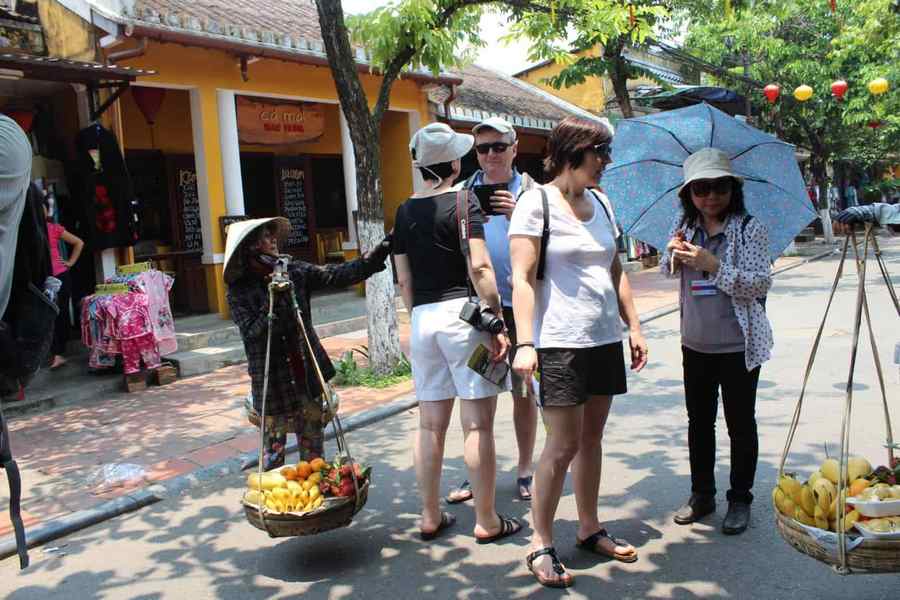
Be wary of locals claiming that your desired attraction is closed for lunch or other reasons. Always verify by going to the entrance yourself.
Vietnam travel scams: Fake petitions and donation scams
People may ask you to sign petitions, often pretending to be students or charities. Signing might lead to aggressive demands for donations, or worse, theft. Just keep walking and ignore them.
Overpriced transportation and hidden fees
Be cautious when arranging transport through your hotel or on the street. Some drivers may inflate prices or take you to unwanted shops to earn a commission.
The truth behind child beggars
While it’s tempting to help, many children and child beggars may be part of larger Vietnam travel scams. Consider donating to reputable charities instead of giving cash to avoid falling victim to this common scam.
Fake currency exchange and counterfeit money
Be cautious of individuals offering great currency exchange rates outside of official locations. Stick to recognized exchange services to avoid counterfeit bills.
Vietnam travel scams: The fake monk donation scheme
You may encounter individuals dressed as monks who will approach you for donations, often in tourist areas. While they may appear genuine, they are usually part of Vietnam travel scams, looking to exploit your kindness. Always be skeptical of anyone claiming to be a monk asking for money, as this is a common scam targeting unsuspecting tourists.
Staged motorbike accidents to extort tourists
In this scam, a motorbike rider may stage a minor accident with you, claiming you are at fault. They might demand compensation for damages or medical bills. Always ensure that you have travel insurance and document any accidents thoroughly.
By staying vigilant and using common sense, you can navigate your travels in Vietnam more securely and enjoy your adventures without the fear of falling victim to these scams. Happy travels!
Conclusion
While Vietnam is a wonderful travel destination, it’s important to stay vigilant against common Vietnam travel scams. By being aware of these scams, trusting your instincts, and using reputable services, you can protect yourself and enjoy your journey without unnecessary stress.
Whether you’re visiting ancient temples, exploring vibrant cities, or relaxing on stunning beaches, knowing how to avoid these Vietnam travel scams will ensure a smooth and safe experience. Ready to explore the world? Follow ExoTrails on Facebook to discover new destinations, travel hacks, and more.




